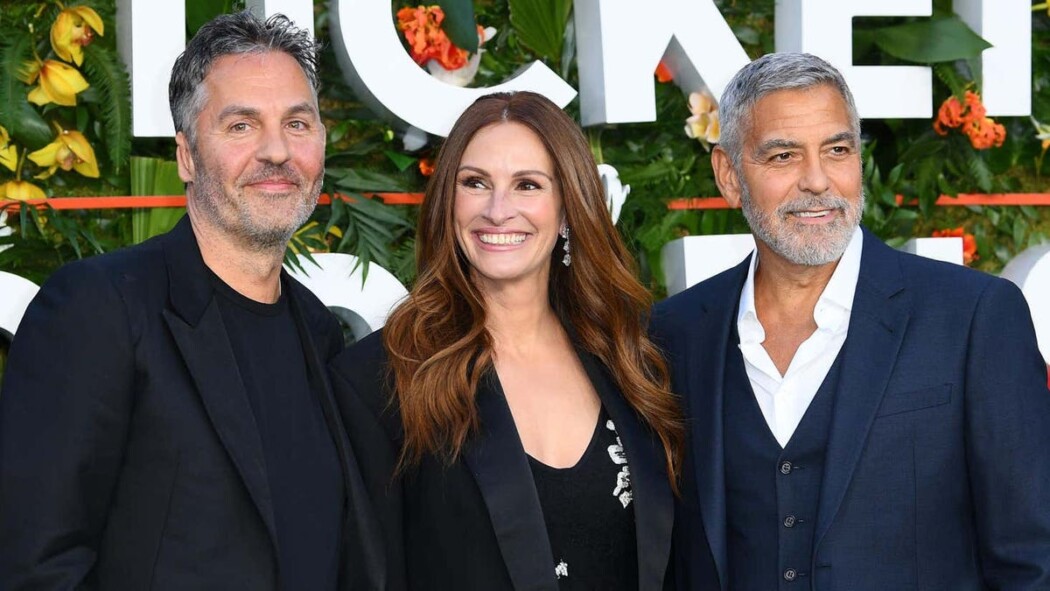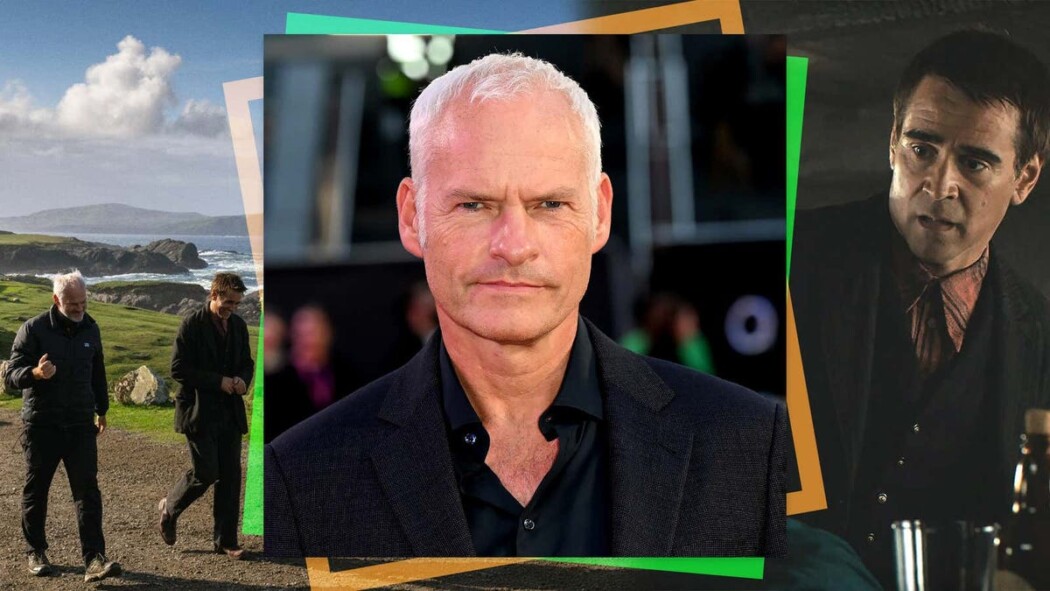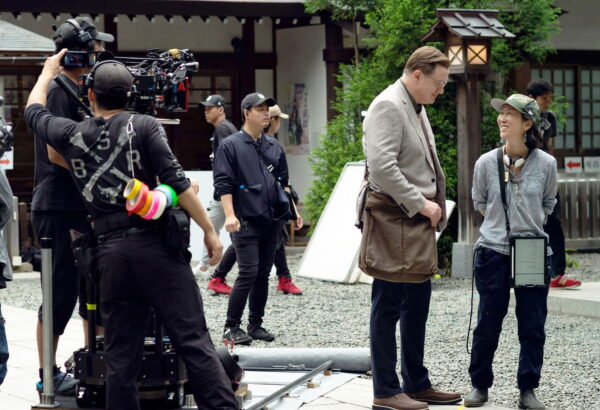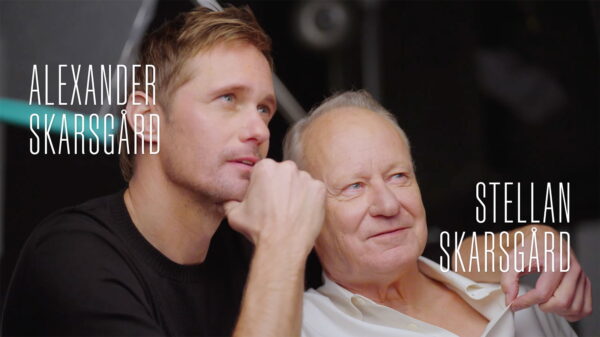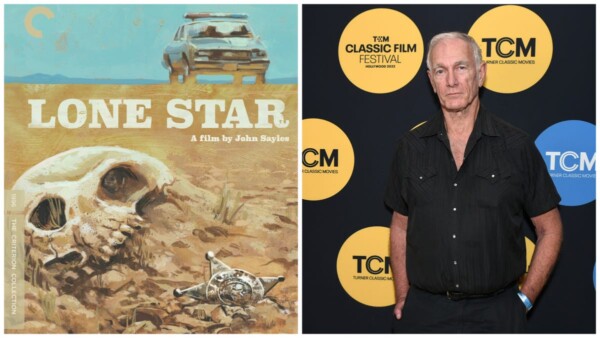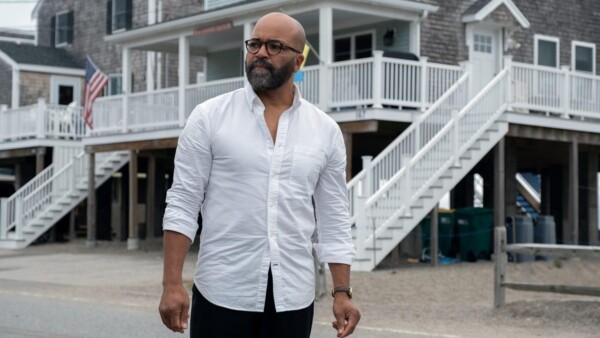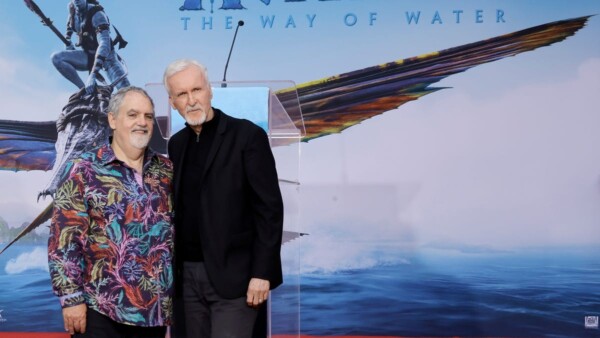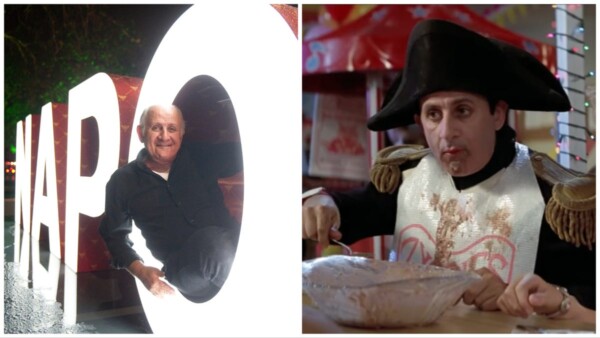Few composers, musicians, or producers have had more impact over the past three decades on music in films and on the radio than Jon Brion. As a songwriter and session player, his music has been heard on records by Aimee Mann, Fiona Apple, Eels, and Elliot Smith; his imprint as a producer is immediately identifiable on everything from Rufus Wainwright’s self-titled debut to Apple’s When The Pawn to Kanye West’s Late Registration; and it’s impossible to imagine Paul Thomas Anderson’s films Magnolia or Punch-Drunk Love, or Michel Gondry’s Eternal Sunshine Of The Spotless Mind, without the evocative, idiosyncratic scores Brion composed to go with them.
With so many projects, it seems understandable that Brion’s own musical career has taken a back seat. His lone solo album, Meaningless, was released to a warm reception from fans in 2001, but didn’t find the same audience that Brion helped other artists reach. After disappearing from circulation for several decades, Meaningless was released on vinyl on October 21. Brion recently spoke to The A.V. Club about that record, his wide-ranging career, and his thoughts about where music is at, and where he hopes it’s going.
The A.V. Club: Listening to Meaningless now, it feels in all the best ways like a time capsule of the late 1990s and early 2000s. What feelings does it evoke for you to revisit it two-plus decades later?
Jon Brion: I don’t spend a lot of time listening to my own stuff. Especially when I’m working on projects for other people or for movies, you’re immersed in it for quite some time, and my job is to have kind of intimate knowledge of it, so that generally stays with me. But in terms of the aural equivalent of staring at myself, it’s not something I do often. So it was a little bit clinical at first, just making sure things were okay. And then when going through stuff, it was also a little emotional, just looking at specific memories from my own life at that time having very little to do with the music or how it comes off. But for me, it is a time capsule of what I was doing in the midst of multiple things at that particular time.
AVC: How much was this record, either in retrospect or even at the time, a bit of a clearinghouse for your quote-unquote solo creativity after being such a fantastic collaborator with all these other artists?
JB: It wasn’t that intentional a statement. And in fact, it started out as something very different, and the record company was just sort of turning things down repeatedly. And eventually they just said, just turn in what you want and we’ll put it out. And so I collected some of the things I had sent to them in the form of asking, is this better or are you more excited about this? And I don’t mean that even in a commercial sense. It’s just the first batch of stuff I handed in. I could never really get a straight answer about what was, quote-unquote, wrong with it. Obviously, they just didn’t hear an easy single. But at some point I was in the middle of doing other things and I took about ten days off and went through some things that were unfinished, and I finished them off and handed that in. And, you know, it didn’t come out (laughs). So it’s really the opposite of somebody sitting down and going, “I’ll show everybody.” It was a loose collection of stuff. And it felt a little bit like I’m just handing some demos into The Void and really how things went made it feel even more that way. But the record was not something that I sat down going, I shall make a record that comes off in this way, and stylistically is like this. It’s just how the conglomeration of stuff that was laying around at that second fell together. Definitely not “here is my statement.” Anything but.
AVC: Having seen you, many times at Largo back in the day, it’s clear that you are a very intuitive performer. But your songwriting is so incisive. Do you tend to take inspiration from experimentation—that discovery process? Do you take it from life experience?
JB: Yeah, both. Like anyone who writes, it’s everything. But for me, writing absolutely is about the chance to be incisive. I remember even early on in life noticing that thing in, say, old movies and that era when the back and forth of people talking was able to move at any speed. It could both be slower or faster, but in critical situations, the person might have a great thing to say in response to something heavy that happened. And in real life, I noticed even in my youth that we all know the feeling of a heavy life situation goes down, somebody says something that throws you for a loop and you have driven away. You’re half a mile away and go, “I should have said blankety blank!” And writing is your opportunity to do that. Time becomes a nonissue. You are getting to collect your thoughts and then release them at the pacing that allows your point to be made. Sometimes one needs relief after something heavy, or something wordy, and writing allows you that opportunity. And also it’s a good form of examining a subject if you really allow yourself to take your time spent honestly going, “hey, what is the truth of this thing?” I think it’s why I ended up doing well at certain other jobs, because I essentially was always somehow actively involved in composition. Even the improvised live shows I used to do, they weren’t improvised in the sense of like a jam band or something. Songs might be created on the spot, or maybe the way the evening was going to go was created on the spot. But even that is a form of writing. It’s a form of composition. And composition really is just improvisation where you get to take your time.
AVC: As a cinephile and a music lover of a certain age, your work both in film and music was so inspiring and influential for me. How smooth was the transition, or diversification, of that period for you?
JB: It was interesting, and I don’t mean that in the way of sidestepping complexity. I mean interesting in that it was fun. There were things to learn, so I felt actively engaged, just like I have when producing something which requires coming up with some new answers for ways of doing things. Even writing for orchestra, at some point you just get kind of fearless about it, honestly. I already was very interested in the relationship of notes to each other, so it wasn’t actually a stretch. And I listen to a lot of instrumental music, and I’ve listened to a lot of stuff my whole life that was arranged, so it wasn’t like being a rock guy who knew standard guitar chords suddenly trying to figure out how to do something. I already liked harmony and counterpoint and the way different chord changes could evoke different feelings. The orchestra was just this instrument I was actively interested in experimenting with. So to me, it was no different than walking into a new studio I didn’t know the sound of, and there are some instruments I’d never seen before—exactly the same, really.
AVC: The speed with which you leveled up with your score to Magnolia was remarkable to me, particularly for Paul Thomas Anderson, who not only seems so specific in what he wants, but who literally will bake melodies and instruments into the story itself. How challenging was it to find a working relationship between you two?
JB: We figured it out pretty fast, and I still kind of work this way. I like to just be in the room with the director, watching the movie together, and I play to it like somebody would play to a silent film. That’s the quickest, easiest way to describe the process. And once I’ve played something and I can see on them that there is a genuine response, and you can tell when it happens, somebody will immediately go like, “Oh, thank you. I’ve hated this scene all fucking year, but I’m remembering why I wrote it and why it’s there.” You’ll know you’re on the right track. If you’re in a room and music is being made, you can hear and even sense in the room when people are either excited, or checked-out, or disappointed. All of that becomes very obvious, and that’s where I think my love of improvising has really been helpful. I think I was served by a realization I had in my twenties that improvisation and music did not have to mean soloing.
AVC: Suffice it to say that the sound of rock music has changed—that music in general has changed. How easy or difficult has it been to adapt to that changing tide where there is a constant influx of Swedish producers and songwriters who are creating all of the pop music.
JB: That’s fine, as long as the melodies are good. They’ve had a lock on doing some rather hooky popular music—and I mean that in a good way. As far as things changing, that’s literally the law of the universe. And if when I started out, the point was I wanted to find different ways of going about things, then that hasn’t changed. And the way you’re posing the question, that doesn’t bug me. The part of it that does bug me has nothing to do with music or the music business. It has to do with the fact that in the world, thoughtlessness has been on the rise. People’s need to have their own voice raised and be seen and must put out their opinions of everything, and then react to the comments about their opinions, all of that is so not only desperately unattractive to me, it’s actually no help to all of us functioning together. And all any of the arts are—either the most arcane of them or the most popular ones—they’re all just a reflection of stuff going on in the environment and stuff going on in the individual artist. It’s only that. And at the moment, thoughtlessness is the bulk of the environment. And I think even the one and two dimensionality of especially popular music at the moment is an accurate reflection of the culture.
I actually think music hasn’t changed that much. If anything, the shocking thing is how little creatively has been going on. It’s not like, oh, I got older and now these kids are just making noise. So, I guess, if I’m an offended old fogey who goes, what’s my place in this world? It’s because those things which are endemic in the culture, I’m not interested in chasing. And I’m not interested in watching it, listening to it. But in terms of living and working, I never saw the arts as a competitive thing. Like, you try to find something lovely. People like it or they don’t. That’s already profoundly weird by itself, and makes life awfully strange.
Текст выше является машинным переводом. Источник: https://www.avclub.com/jon-brion-interview-kanye-west-paul-thomas-anderson-1849684717



